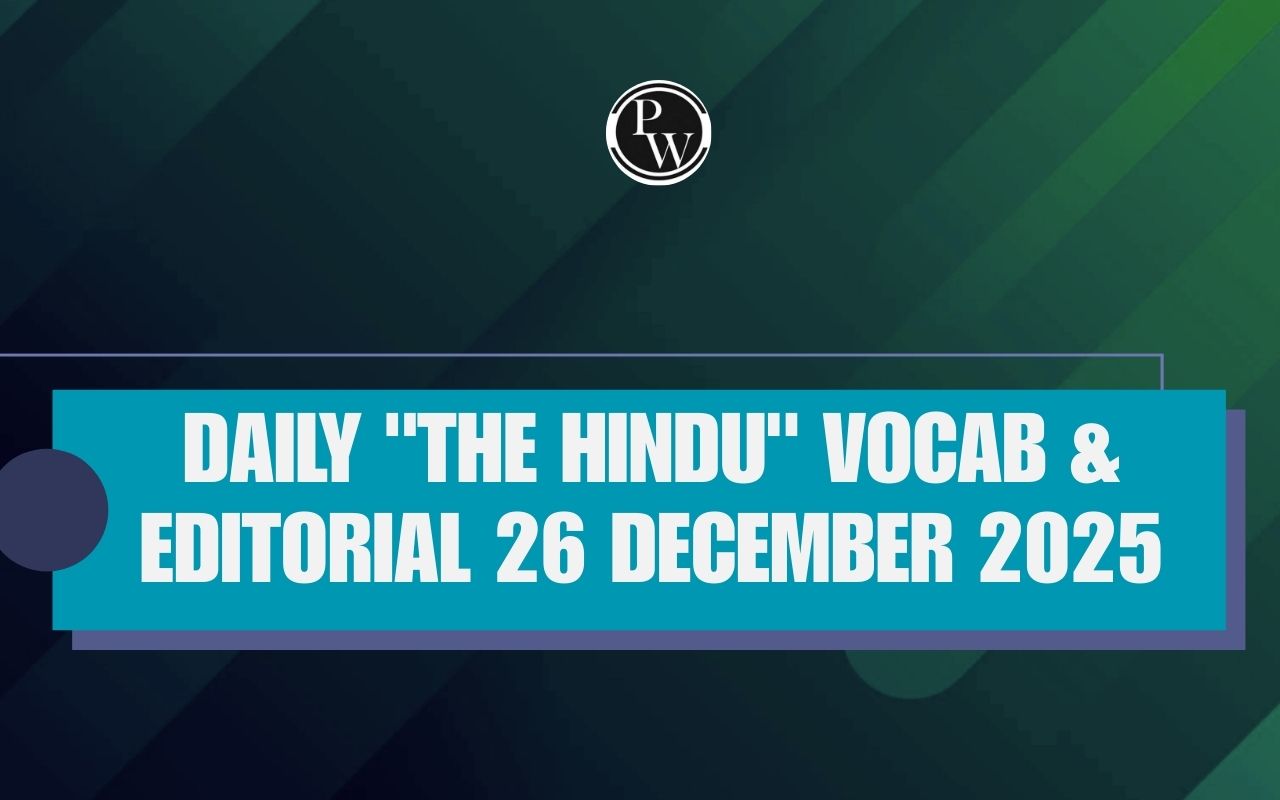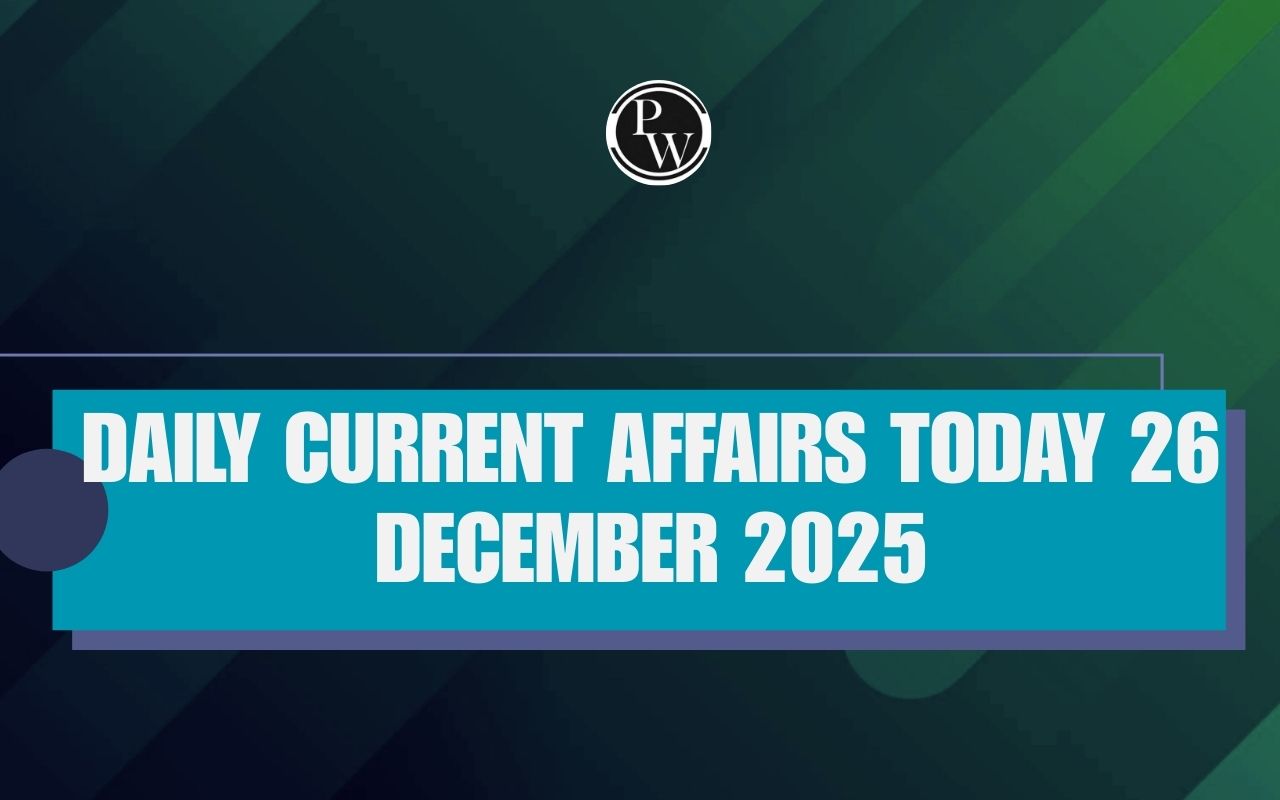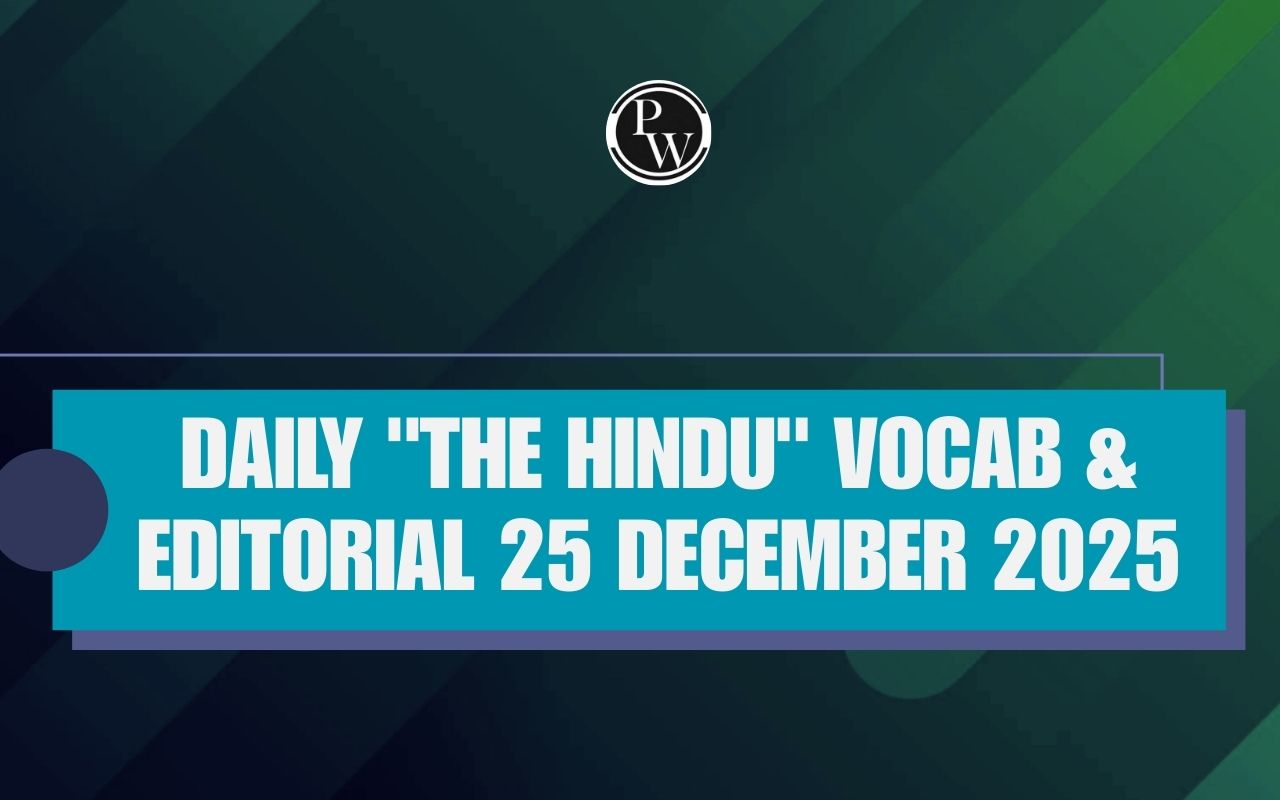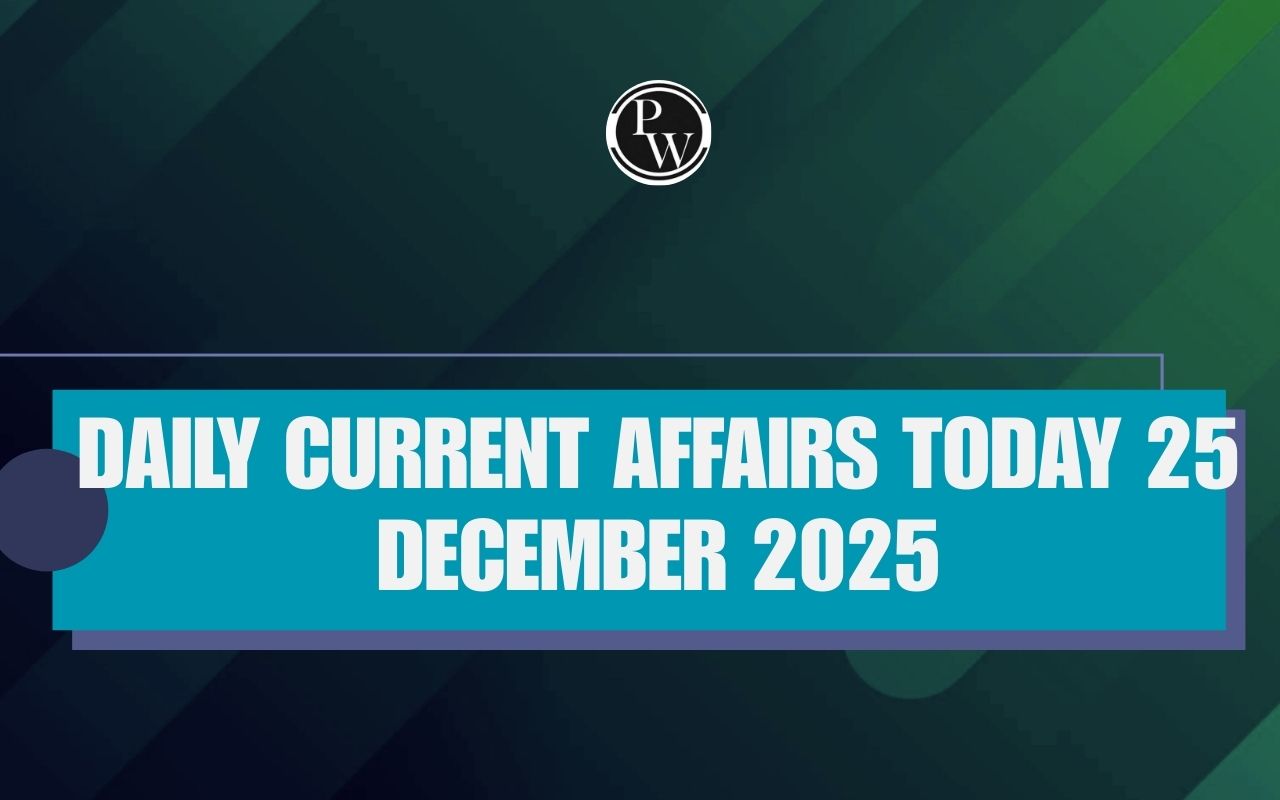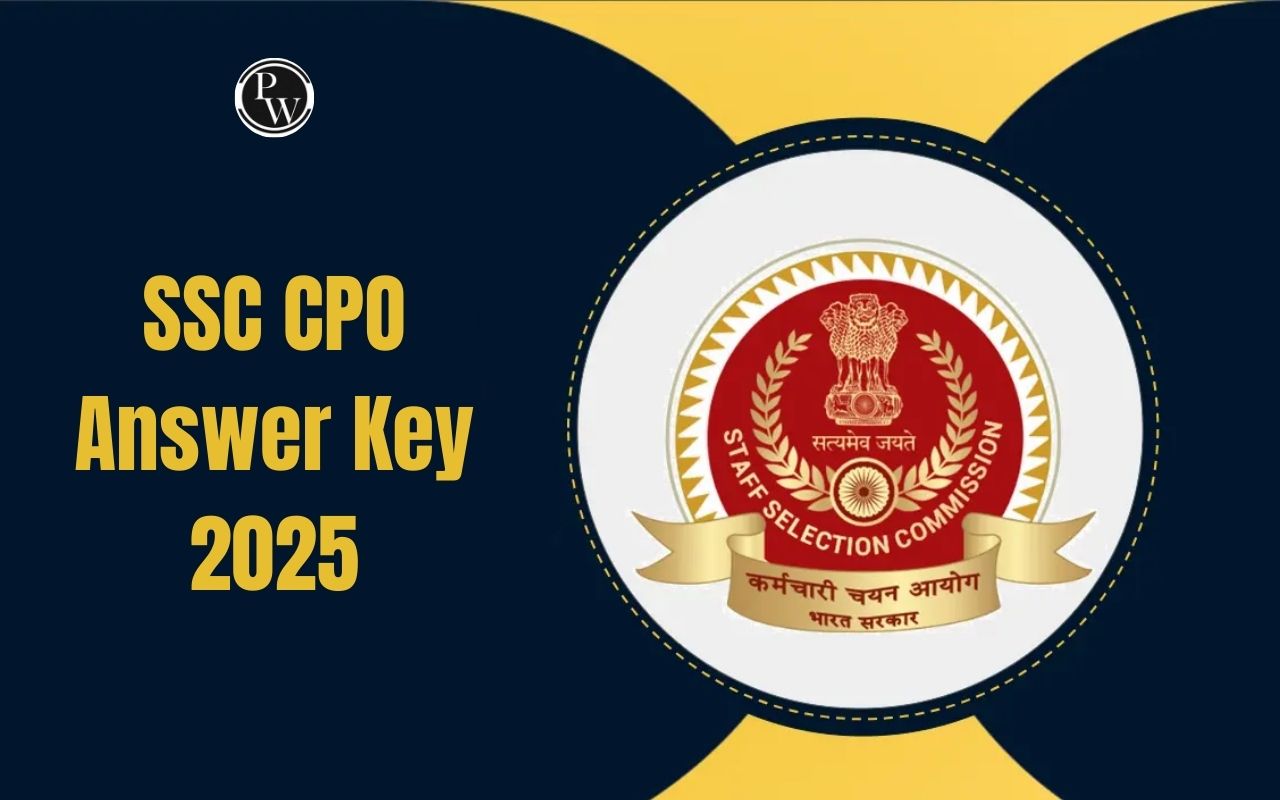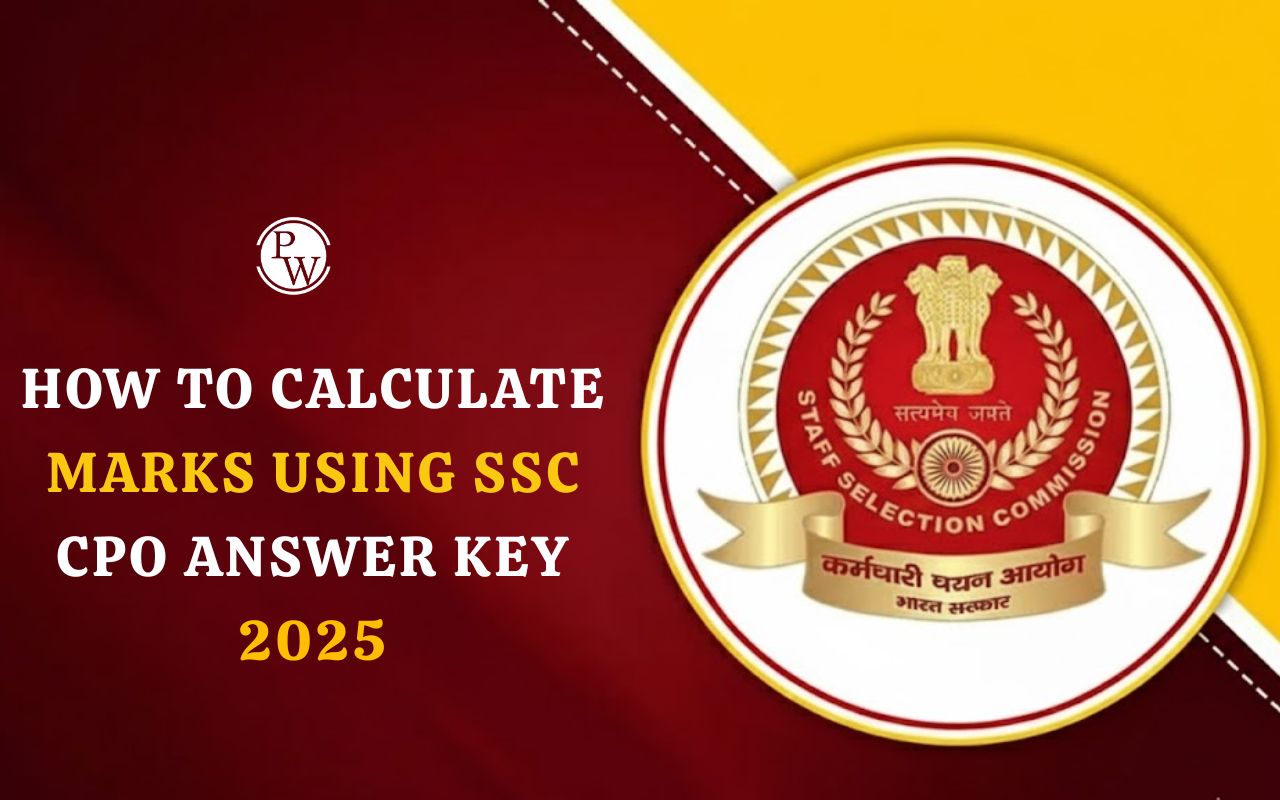
Hunter Commission
The Hunter Commission, officially known as the Disorders Inquiry Committee, was set up by the British government in 1919 to investigate the tragic events of the Jallianwala Bagh massacre in Amritsar, India. This commission is a significant event in Indian history due to its impact on British-Indian relations and its influence on the Indian independence movement.Hunter Commission Background
The Jallianwala Bagh Massacre: On April 13, 1919, British troops under Brigadier General Reginald Dyer fired upon a large, peaceful gathering of unarmed Indians at Jallianwala Bagh, Amritsar. The gathering was a protest against the repressive Rowlatt Act, which allowed the British to imprison Indians without trial. The massacre resulted in hundreds of deaths and thousands of injuries, causing widespread outrage and condemnation.
Establishment of the Commission: In response to the international and domestic outcry following the massacre, the British government in India appointed the Hunter Commission on October 14, 1919. The commission was tasked with investigating the events leading up to the massacre, the incident itself, and the subsequent actions taken by the authorities.
Composition of Hunter Commission
The Hunter Commission was chaired by Lord William Hunter, a former Solicitor-General for Scotland. It comprised eight members, including four British officials and four Indian members. The British members were:- Lord William Hunter (Chairman)
- Sir Chimanlal Harilal Setalvad
- Pandit Jagat Narayan
- Sardar Sahibzada Sultan Ahmad Khan
- Sir Chimanlal Harilal Setalvad
- Pandit Jagat Narayan
- Sardar Sahibzada Sultan Ahmad Khan
- Sir Sahebzada Aftab Ahmad Khan
Composition of Hunter Objectives
The primary objectives of the Hunter Commission were to:- Investigate the causes of the disturbances in Punjab.
- Examine the nature and extent of the disorder.
- Evaluate the measures taken by the authorities to suppress the disturbances.
- Determine whether the use of force was justified and appropriate.
Proceedings of Hunter Commission
Collection of Evidence: The Hunter Commission began its inquiry in November 1919, visiting various locations in Punjab, including Amritsar, Lahore, and Gujranwala. The commission collected evidence from a wide range of witnesses, including British officials, Indian leaders, and common citizens who had witnessed the events.
Key Testimonies:
Brigadier General Reginald Dyer : Dyer, who ordered the firing at Jallianwala Bagh, defended his actions, stating that he believed he was preventing a rebellion. He admitted that he did not issue any warning before opening fire and that he continued firing until the ammunition was exhausted.
Indian Leaders : Indian leaders, including Mahatma Gandhi, testified about the oppressive measures taken by the British authorities, the peaceful nature of the protest, and the brutal response by the British troops.
British Officials : Various British officials testified, providing their perspectives on the events and justifying the actions taken by the government to maintain order.
Findings of Hunter Commission
Condemnation of Dyer's Actions: The Hunter Commission's report, published in March 1920, condemned Brigadier General Dyer's actions, stating that his use of force was excessive and unjustified. The commission criticized Dyer for not issuing a warning before firing and for continuing to fire on the unarmed crowd.
Criticism of the Punjab Government: The commission also criticized the Punjab government, particularly the actions of Sir Michael O'Dwyer, the Lieutenant Governor of Punjab. The report highlighted the repressive measures taken by the government, such as public flogging and mass arrests, which exacerbated the situation.
Recommendations: The Hunter Commission made several recommendations to prevent such incidents in the future:
- Review of Martial Law : The commission recommended a review of the martial law regulations and the manner in which they were enforced.
- Improvement in Communication : It suggested better communication between the British authorities and Indian leaders to avoid misunderstandings and conflicts.
- Training of Officials : The commission emphasized the need for better training of British officials in India to handle such situations more effectively and humanely.
Impact of Hunter Commission
Reaction in India: The findings of the Hunter Commission failed to satisfy the Indian public, who felt that the commission was biased and did not hold the British authorities adequately accountable. The moderate criticism of Dyer and the Punjab government did little to address the deep-seated anger and resentment among Indians.
Rise of Nationalist Sentiment: The Jallianwala Bagh massacre and the perceived inadequacies of the Hunter Commission's report fueled the Indian independence movement. Leaders like Mahatma Gandhi used the massacre as a rallying point to unite Indians against British rule. The incident highlighted the need for complete independence rather than mere reforms.
British Government's Response: The British government in London took a more severe view of Dyer's actions. The House of Commons debated the issue, and Dyer was eventually relieved of his command and forced to retire. However, many British officials and segments of the British public supported Dyer, viewing him as a hero who saved British rule in India.
Long Term Consequences of Hunter Commission
Shift in Indian Nationalism: The Jallianwala Bagh massacre and the Hunter Commission's inquiry marked a turning point in the Indian independence movement. The brutality of the massacre and the perceived failure of the British to deliver justice convinced many Indians that peaceful coexistence with the British was impossible. This shift led to increased support for the complete independence of India.
Reforms and Acts: In response to the growing unrest, the British government introduced several reforms in the following years, including the Government of India Act of 1919 and the Montagu-Chelmsford Reforms. These reforms aimed to give Indians more representation and a greater role in governance. However, these measures were seen as too little, too late, and failed to quell the demand for full independence.
To succeed in upcoming exams, candidates should consider exploring PW SSC Books We provide high-quality content at an affordable price, including sample papers, mock tests, guidance sessions, and more to ensure aspirants secure their selection. Also, enroll today on SSC Online Coaching to turn your dreams into reality.Hunter Commission FAQs
What was the Hunter Commission?
Why was the Hunter Commission established?
What did the Hunter Commission find?
What was the impact of the Hunter Commission?

